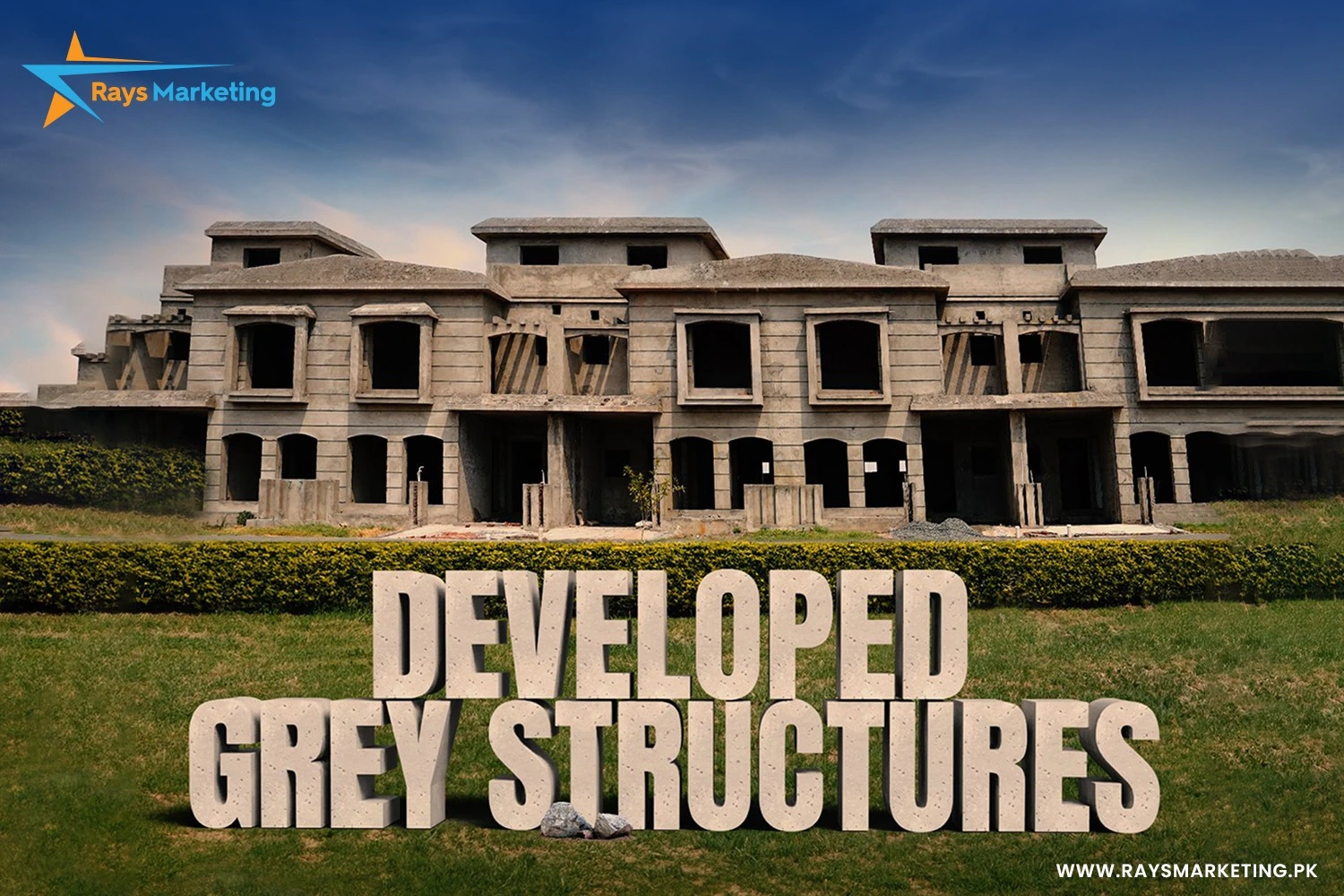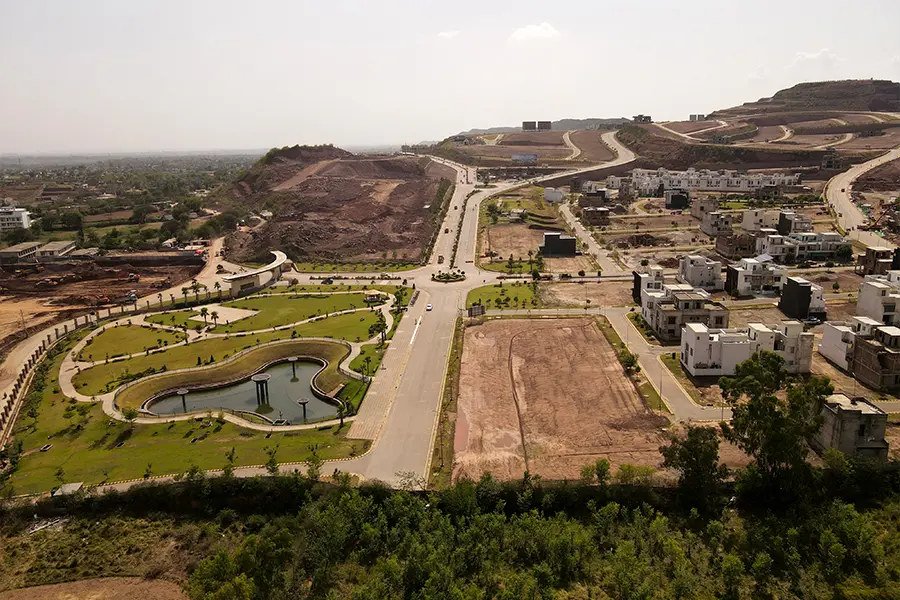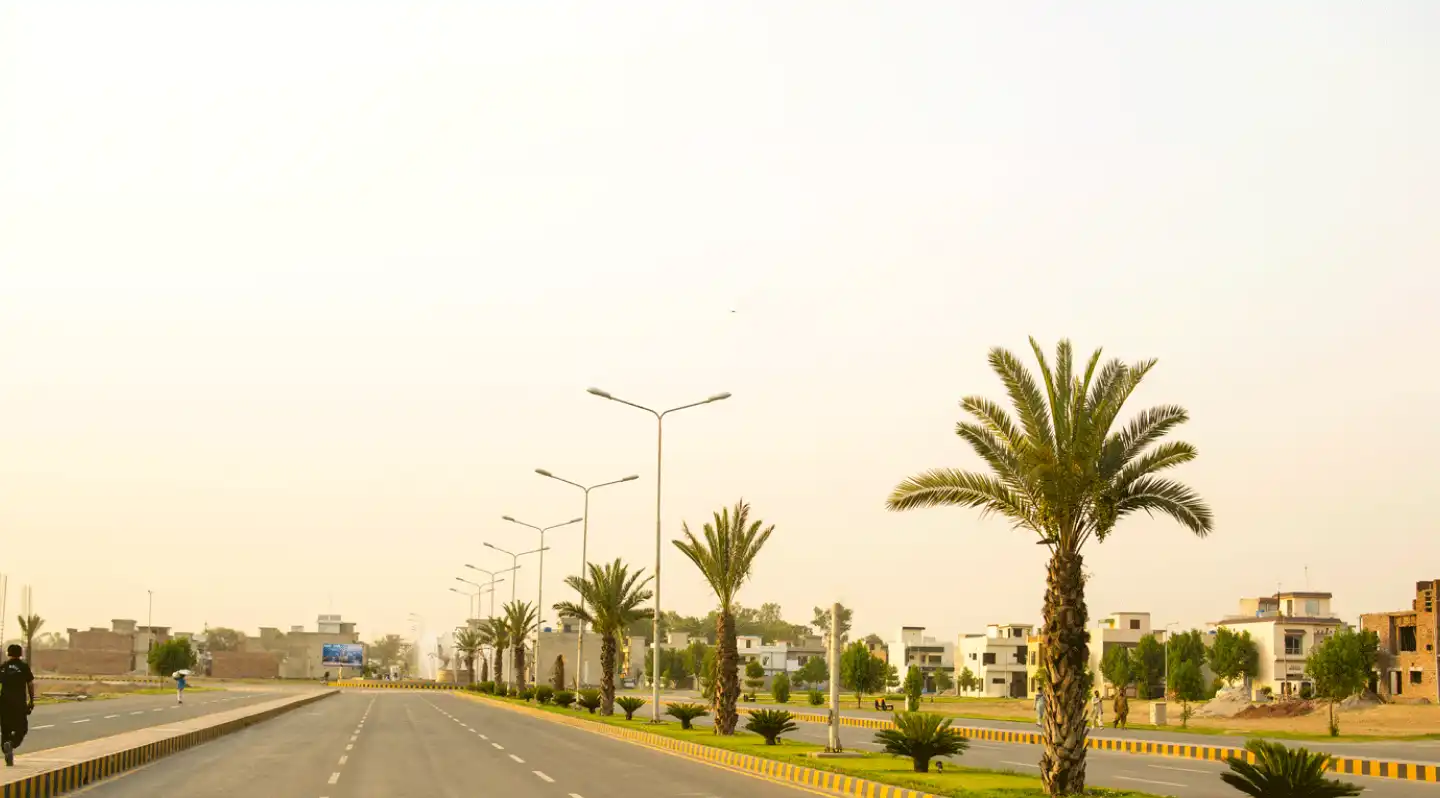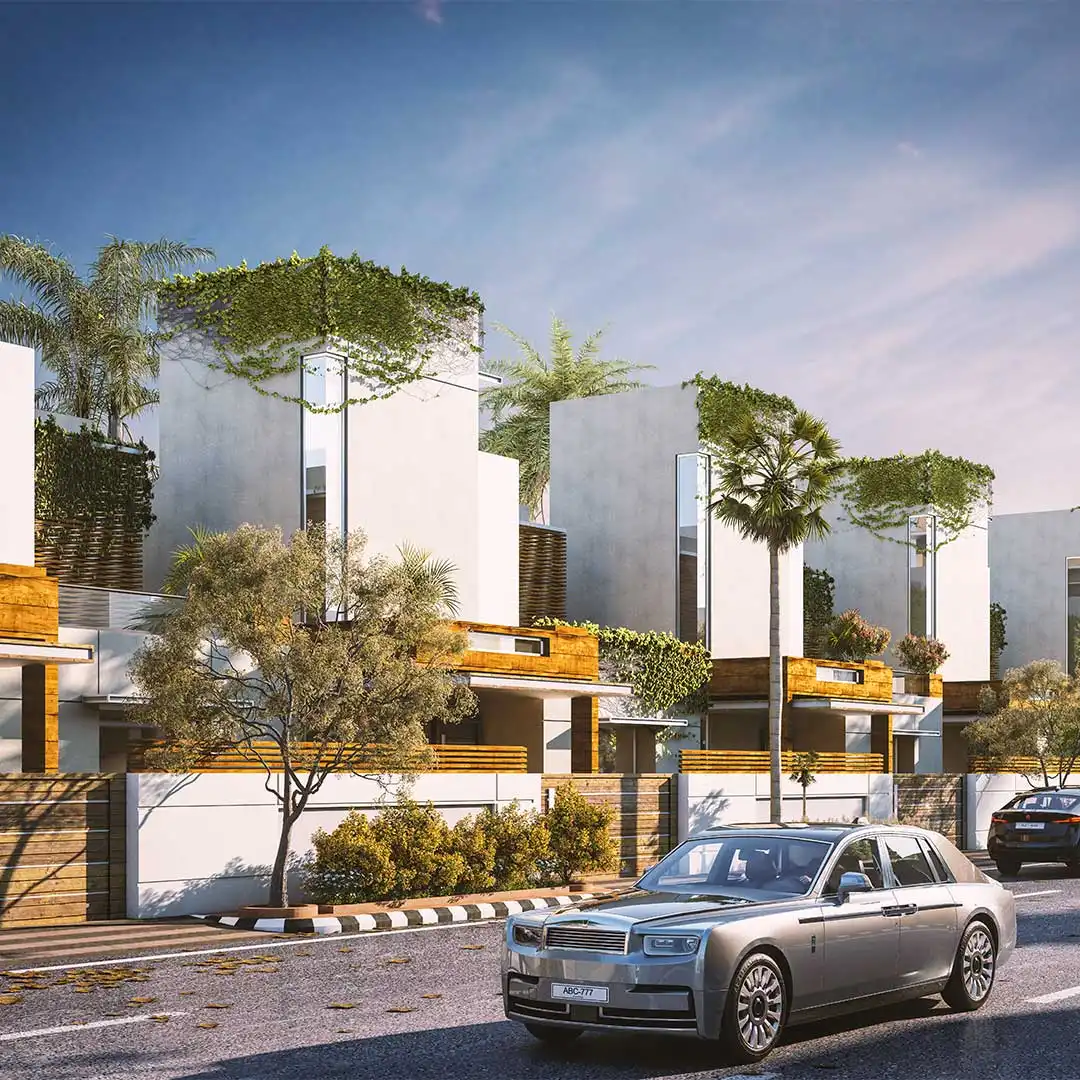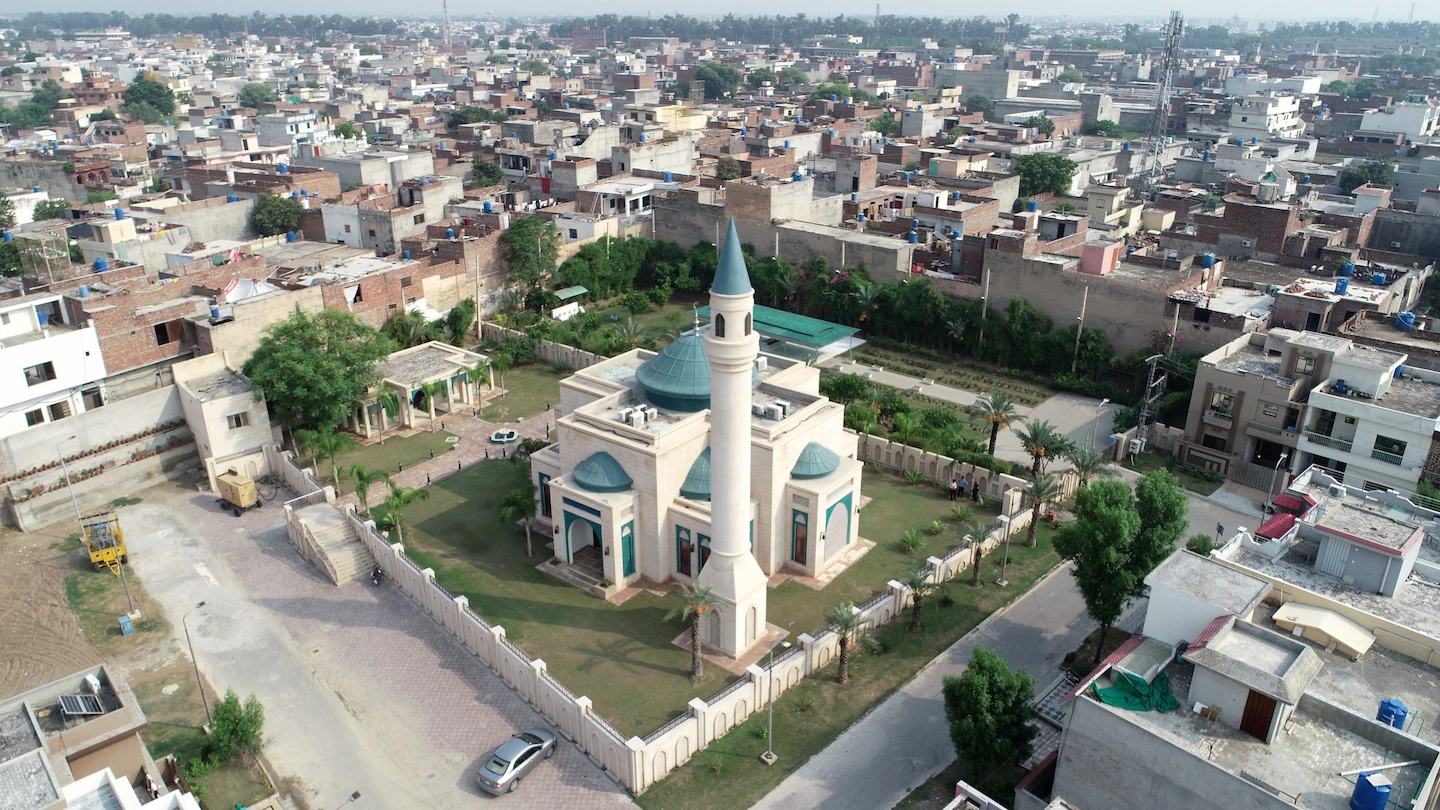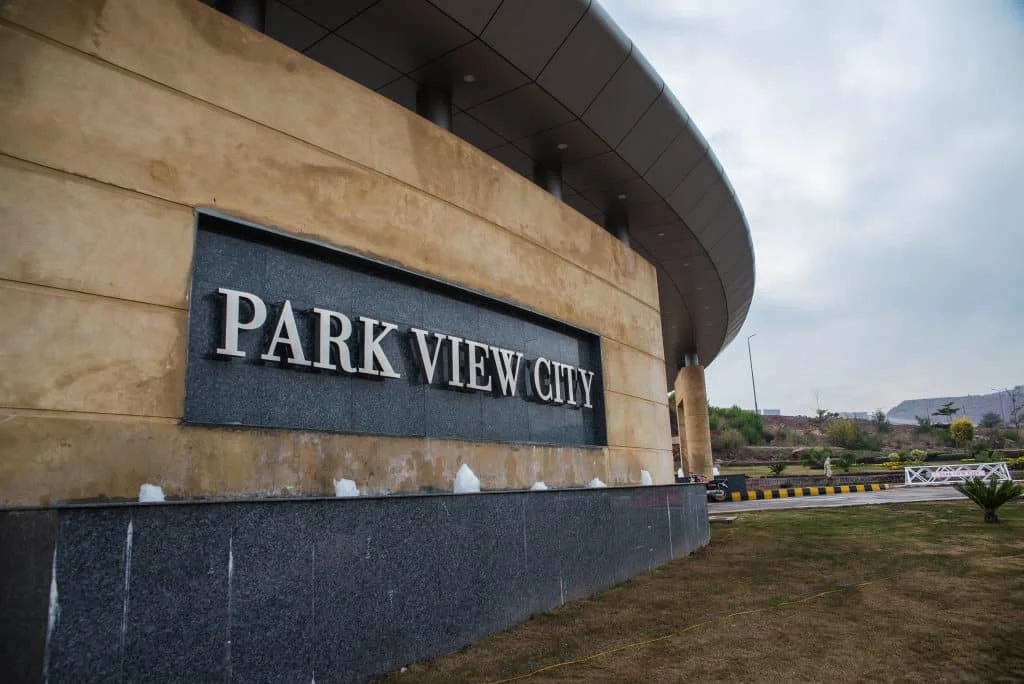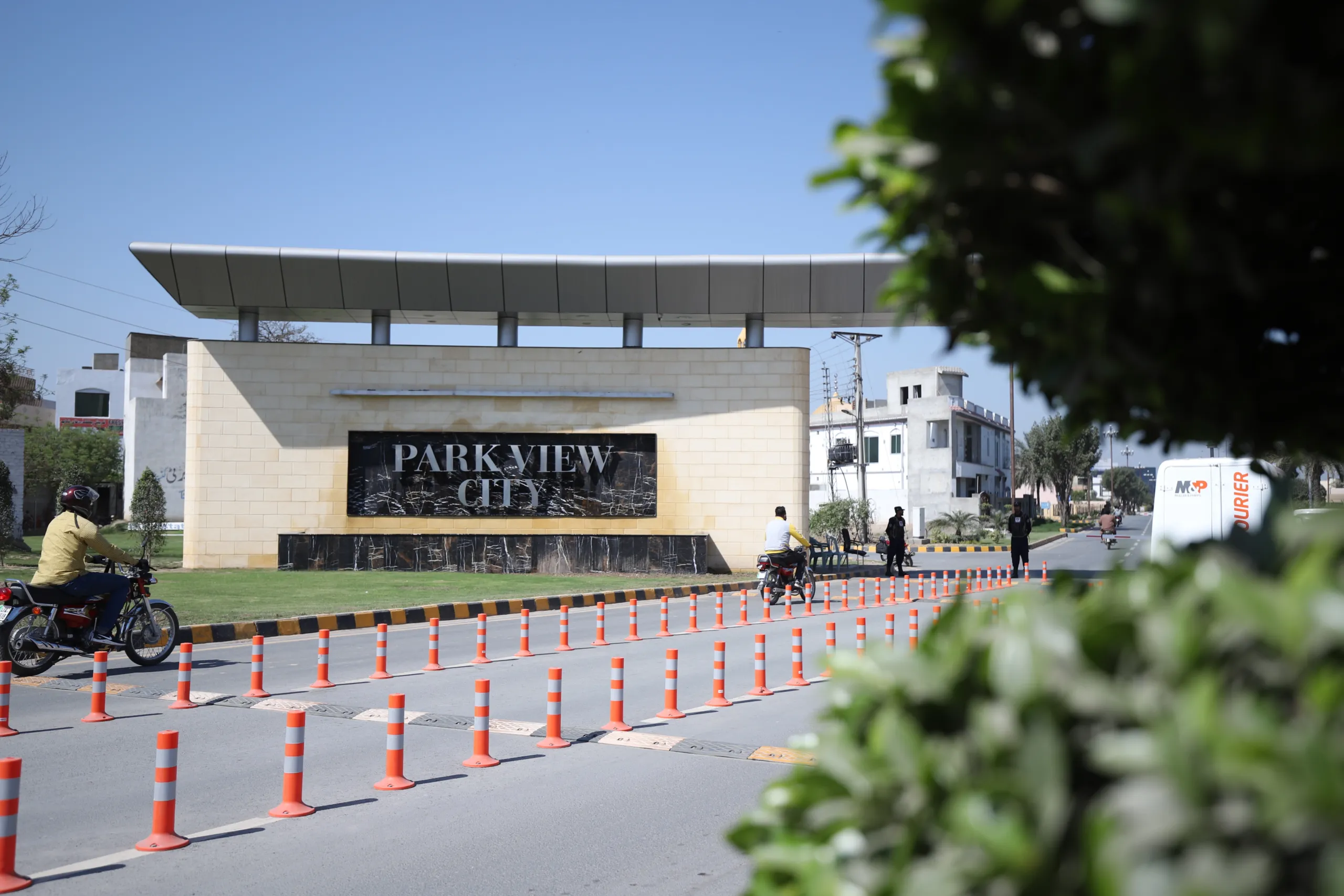The 2025–2026 budget introduced a significant real estate tax reduction, aiming to stimulate investment and ease the burden on property buyers and developers. It shows the relaxation from the government to facilitate the investments in the country. As this policy move is expected to revitalize the stagnant property market and encourage both local and overseas investors to re-engage with the real estate sector. Lowering the taxes may also make housing more affordable for the middle class and first-time homebuyers, boosting overall economic activity. The government has decided to abolish the Federal Excise Duty, which was 7% in the previous budget, on the transfer of commercial properties, plots, and houses. The withholding tax rate on property purchases has also been reduced. The withholding tax has been reduced from 4% to 2.5% in the first slab, from 3.5% to 2% in the second slab, and from 3% to 1.5% in the third slab. The federal government has decided to promote mortgage financing by announcing tax credits for houses up to 10 marlas and flats up to 2,000 square feet. Similarly, the stamp paper duty on the property purchases in Islamabad has been reduced from 4% to 1%.
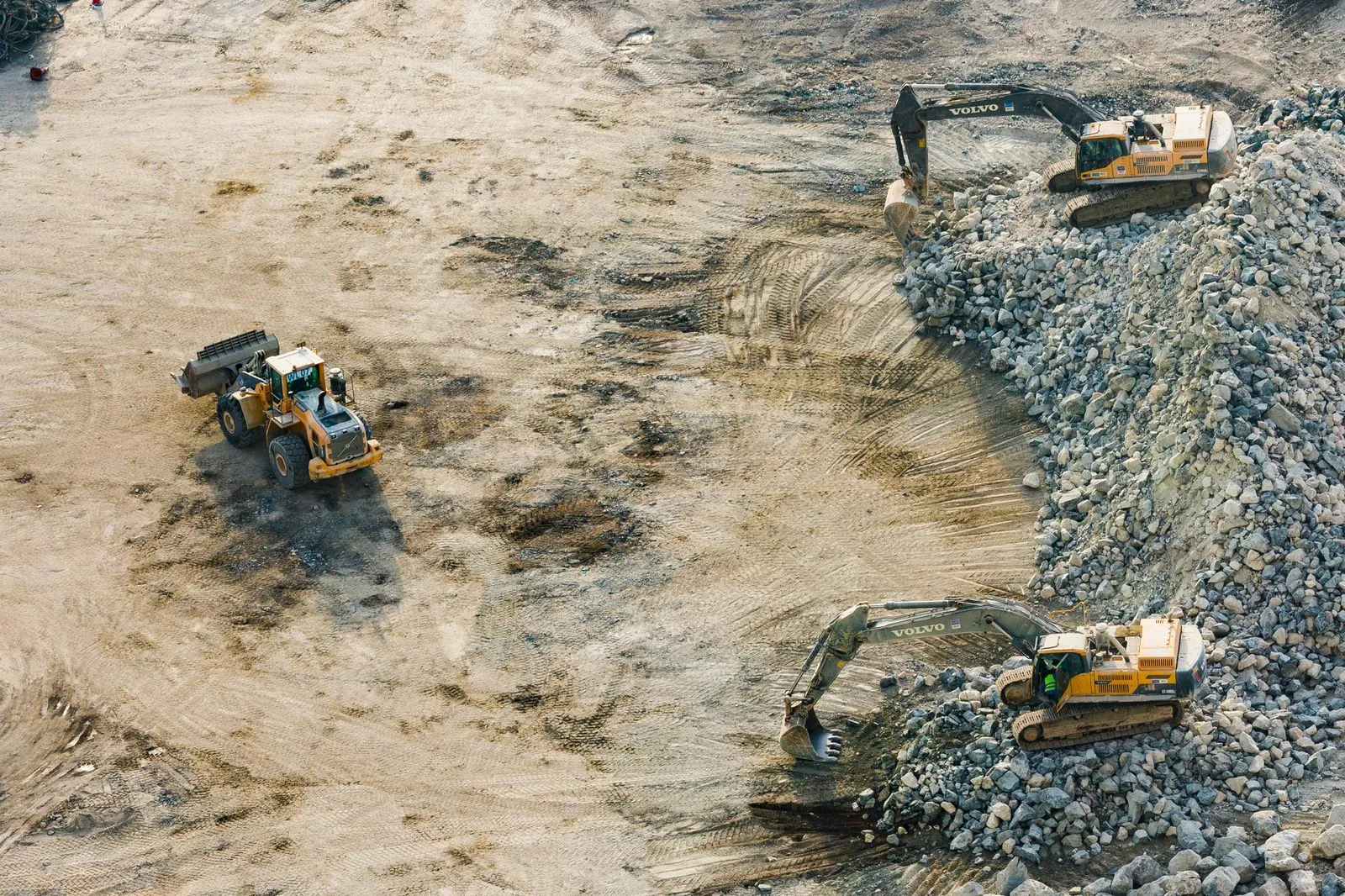
These tax reforms are not only expected to stimulate real estate transactions but also pave the way for long-term economic stability through increased construction and job creation. A huge step in the prosperity of the real estate market. This way money circulates in the market, which gradually increases the buying power of people, leading to more economic growth, more jobs, and overall improvement in the standard of living for people. These measures will likely attract more investors and developers to the real estate sector, further boosting economic activity in the region. According to the State Bank of Pakistan, the construction sector grew by 8% in FY 2020–21, largely due to tax relief measures and real estate incentives. Also, the construction sector recorded almost RKR 1,848 billion in contributions to the GDP of Pakistan in the financial year 2022; the recorded growth was 31.1%, due to the rapid growth and given relaxation to this sector.
Furthermore, increased real estate investment boosts several allied industries, such as cement, steel, furniture, and labor. “The World Bank highlights that real estate development has a direct multiplier effect on GDP through its linkages with employment and raw material industries.” Also, the real estate sector attracts and encourages foreign direct investment to the country, contributing to capital flow from one country to another, boosting overall economic growth.
Therefore, the 2025-2026 real estate tax reforms have the potential to not only boost the real sector but also create multiple jobs, which ultimately participate in the growth of the country’s economy and help in improving the living standards across the country. In addition, the reforms can attract more foreign investment in the real estate sector, leading to further economic development and modernization of infrastructure. Overall, the implementation of these tax reforms is crucial for sustainable growth and prosperity in the real estate industry and the economy as a whole.
The 2025–2026 budget introduced a significant real estate tax reduction, aiming to stimulate investment and ease the burden on property buyers and developers. It shows the relaxation from the government to facilitate the investments in the country. As this policy move is expected to revitalize the stagnant property market and encourage both local and overseas investors to re-engage with the real estate sector. Lowering the taxes may also make housing more affordable for the middle class and first-time homebuyers, boosting overall economic activity. The government has decided to abolish the Federal Excise Duty, which was 7% in the previous budget, on the transfer of commercial properties, plots, and houses. The withholding tax rate on property purchases has also been reduced. The withholding tax has been reduced from 4% to 2.5% in the first slab, from 3.5% to 2% in the second slab, and from 3% to 1.5% in the third slab. The federal government has decided to promote mortgage financing by announcing tax credits for houses up to 10 marlas and flats up to 2,000 square feet. Similarly, the stamp paper duty on the property purchases in Islamabad has been reduced from 4% to 1%.

These tax reforms are not only expected to stimulate real estate transactions but also pave the way for long-term economic stability through increased construction and job creation. A huge step in the prosperity of the real estate market. This way money circulates in the market, which gradually increases the buying power of people, leading to more economic growth, more jobs, and overall improvement in the standard of living for people. These measures will likely attract more investors and developers to the real estate sector, further boosting economic activity in the region. According to the State Bank of Pakistan, the construction sector grew by 8% in FY 2020–21, largely due to tax relief measures and real estate incentives. Also, the construction sector recorded almost RKR 1,848 billion in contributions to the GDP of Pakistan in the financial year 2022; the recorded growth was 31.1%, due to the rapid growth and given relaxation to this sector.
Furthermore, increased real estate investment boosts several allied industries, such as cement, steel, furniture, and labor. “The World Bank highlights that real estate development has a direct multiplier effect on GDP through its linkages with employment and raw material industries.” Also, the real estate sector attracts and encourages foreign direct investment to the country, contributing to capital flow from one country to another, boosting overall economic growth.
Therefore, the 2025-2026 real estate tax reforms have the potential to not only boost the real sector but also create multiple jobs, which ultimately participate in the growth of the country’s economy and help in improving the living standards across the country. In addition, the reforms can attract more foreign investment in the real estate sector, leading to further economic development and modernization of infrastructure. Overall, the implementation of these tax reforms is crucial for sustainable growth and prosperity in the real estate industry and the economy as a whole.
The 2025–2026 budget introduced a significant real estate tax reduction, aiming to stimulate investment and ease the burden on property buyers and developers. It shows the relaxation from the government to facilitate the investments in the country. As this policy move is expected to revitalize the stagnant property market and encourage both local and overseas investors to re-engage with the real estate sector. Lowering the taxes may also make housing more affordable for the middle class and first-time homebuyers, boosting overall economic activity. The government has decided to abolish the Federal Excise Duty, which was 7% in the previous budget, on the transfer of commercial properties, plots, and houses. The withholding tax rate on property purchases has also been reduced. The withholding tax has been reduced from 4% to 2.5% in the first slab, from 3.5% to 2% in the second slab, and from 3% to 1.5% in the third slab. The federal government has decided to promote mortgage financing by announcing tax credits for houses up to 10 marlas and flats up to 2,000 square feet. Similarly, the stamp paper duty on the property purchases in Islamabad has been reduced from 4% to 1%.

These tax reforms are not only expected to stimulate real estate transactions but also pave the way for long-term economic stability through increased construction and job creation. A huge step in the prosperity of the real estate market. This way money circulates in the market, which gradually increases the buying power of people, leading to more economic growth, more jobs, and overall improvement in the standard of living for people. These measures will likely attract more investors and developers to the real estate sector, further boosting economic activity in the region. According to the State Bank of Pakistan, the construction sector grew by 8% in FY 2020–21, largely due to tax relief measures and real estate incentives. Also, the construction sector recorded almost RKR 1,848 billion in contributions to the GDP of Pakistan in the financial year 2022; the recorded growth was 31.1%, due to the rapid growth and given relaxation to this sector.
Furthermore, increased real estate investment boosts several allied industries, such as cement, steel, furniture, and labor. “The World Bank highlights that real estate development has a direct multiplier effect on GDP through its linkages with employment and raw material industries.” Also, the real estate sector attracts and encourages foreign direct investment to the country, contributing to capital flow from one country to another, boosting overall economic growth.
Therefore, the 2025-2026 real estate tax reforms have the potential to not only boost the real sector but also create multiple jobs, which ultimately participate in the growth of the country’s economy and help in improving the living standards across the country. In addition, the reforms can attract more foreign investment in the real estate sector, leading to further economic development and modernization of infrastructure. Overall, the implementation of these tax reforms is crucial for sustainable growth and prosperity in the real estate industry and the economy as a whole.
The 2025–2026 budget introduced a significant real estate tax reduction, aiming to stimulate investment and ease the burden on property buyers and developers. It shows the relaxation from the government to facilitate the investments in the country. As this policy move is expected to revitalize the stagnant property market and encourage both local and overseas investors to re-engage with the real estate sector. Lowering the taxes may also make housing more affordable for the middle class and first-time homebuyers, boosting overall economic activity. The government has decided to abolish the Federal Excise Duty, which was 7% in the previous budget, on the transfer of commercial properties, plots, and houses. The withholding tax rate on property purchases has also been reduced. The withholding tax has been reduced from 4% to 2.5% in the first slab, from 3.5% to 2% in the second slab, and from 3% to 1.5% in the third slab. The federal government has decided to promote mortgage financing by announcing tax credits for houses up to 10 marlas and flats up to 2,000 square feet. Similarly, the stamp paper duty on the property purchases in Islamabad has been reduced from 4% to 1%.

These tax reforms are not only expected to stimulate real estate transactions but also pave the way for long-term economic stability through increased construction and job creation. A huge step in the prosperity of the real estate market. This way money circulates in the market, which gradually increases the buying power of people, leading to more economic growth, more jobs, and overall improvement in the standard of living for people. These measures will likely attract more investors and developers to the real estate sector, further boosting economic activity in the region. According to the State Bank of Pakistan, the construction sector grew by 8% in FY 2020–21, largely due to tax relief measures and real estate incentives. Also, the construction sector recorded almost RKR 1,848 billion in contributions to the GDP of Pakistan in the financial year 2022; the recorded growth was 31.1%, due to the rapid growth and given relaxation to this sector.
Furthermore, increased real estate investment boosts several allied industries, such as cement, steel, furniture, and labor. “The World Bank highlights that real estate development has a direct multiplier effect on GDP through its linkages with employment and raw material industries.” Also, the real estate sector attracts and encourages foreign direct investment to the country, contributing to capital flow from one country to another, boosting overall economic growth.
Therefore, the 2025-2026 real estate tax reforms have the potential to not only boost the real sector but also create multiple jobs, which ultimately participate in the growth of the country’s economy and help in improving the living standards across the country. In addition, the reforms can attract more foreign investment in the real estate sector, leading to further economic development and modernization of infrastructure. Overall, the implementation of these tax reforms is crucial for sustainable growth and prosperity in the real estate industry and the economy as a whole.
Related Posts
Get A Free Expert Advice – Reach Out to Us
Get A Free Expert Advice – Reach Out to Us
Call us today at (+92)-51-2120900
Call us today at (+92)-51-2120900


